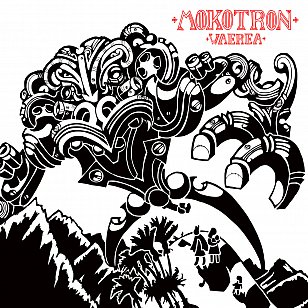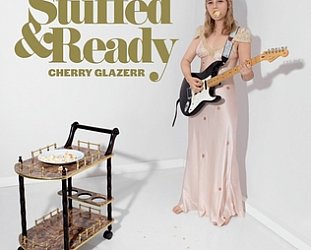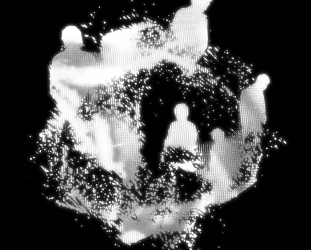Graham Reid | | 1 min read
Reo Totahi

Many decades ago the great Irish singer-songwriter Christy Moore – no stranger to the bottle – said something like this about the Pogues: “Great, just what the world needs, another bunch of drunk Irishmen”.
As someone who'd seen how the world responded -- embracing the image of the chaotically boozy band -- you can understand his frustration.
But Moore admired Shane MacGowan and paid tribute to him on his passing because he recognised behind the bleariness of booze there was a poet with something to say.
Songs needn't always say something of merit or weight, but those that do offer more than mere escapism.
At this time when inundated with numerous local singles promising South Pacific-inspired roots reggae with of soul, funk and pop for those long afternoons around the barbecue, we might paraphrase Moore: “Great, just what this country needs, another soul-reggae single saying nothing much”.
Which makes Waerea -- a strident, political album of intense breakbeats, indigenous politics, taonga puoro and rumbling low frequencies to shake the speakers – so welcome.
Amidst a warm ocean of summer reggae Waerea gate-crashes the backyard party to remind us of the current political landscape in this post-hikoi moment.
The te reo Māori lyrics in the opening waiata Kōkiri, written the night of the 2023 election, include in translation, “Be watchful, be alert. Working class people, militant allies, supporters, people of the land stand together, arise.”
Mokotron – Dr. Tiopira McDowell, Head Of School at Te Wananga o Waipapa, University of Auckland – says the dubby Kōpeke “could best be described as Ngāpuhi chest beating nationalism” although makes no great claim for the lyrics: “rhythmic gibberish, churlish obscurity, or a writing exercise”.
But the medium is the message and it's a powerful piece on an album which identifies its targets – colonisation, racism, land confiscations, those who would deny tangata whenua their rights and minimise the reo – and takes to them with blunt patu: “Ko wai koe, ki te whakarite i ngā ture?/Who the fuck are you, to decide the laws?”
As always in cases of political fury, some will baulk at the broad brush accusations and those objecting to the profanity will be missing the meaning.
Waerea is an urban album at the intersection of electronica, chants, waiata, political manifesto and urban disruption from Mokotron (Ngāti Hine/Ngāpuhi/Westcyde) who, with a clenched fist, describes this as “trauma-driven Māori bass straight outta Tāmaki Makaurau”.
Perhaps it's a hard call for its relentless insistent delivery but while we might indulge ourselves in benign summer-vibe reggae for a few weeks, Waerea might be just what we need when barbecue season ends.
.
You can hear and buy this album at bandcamp here





post a comment